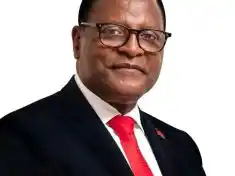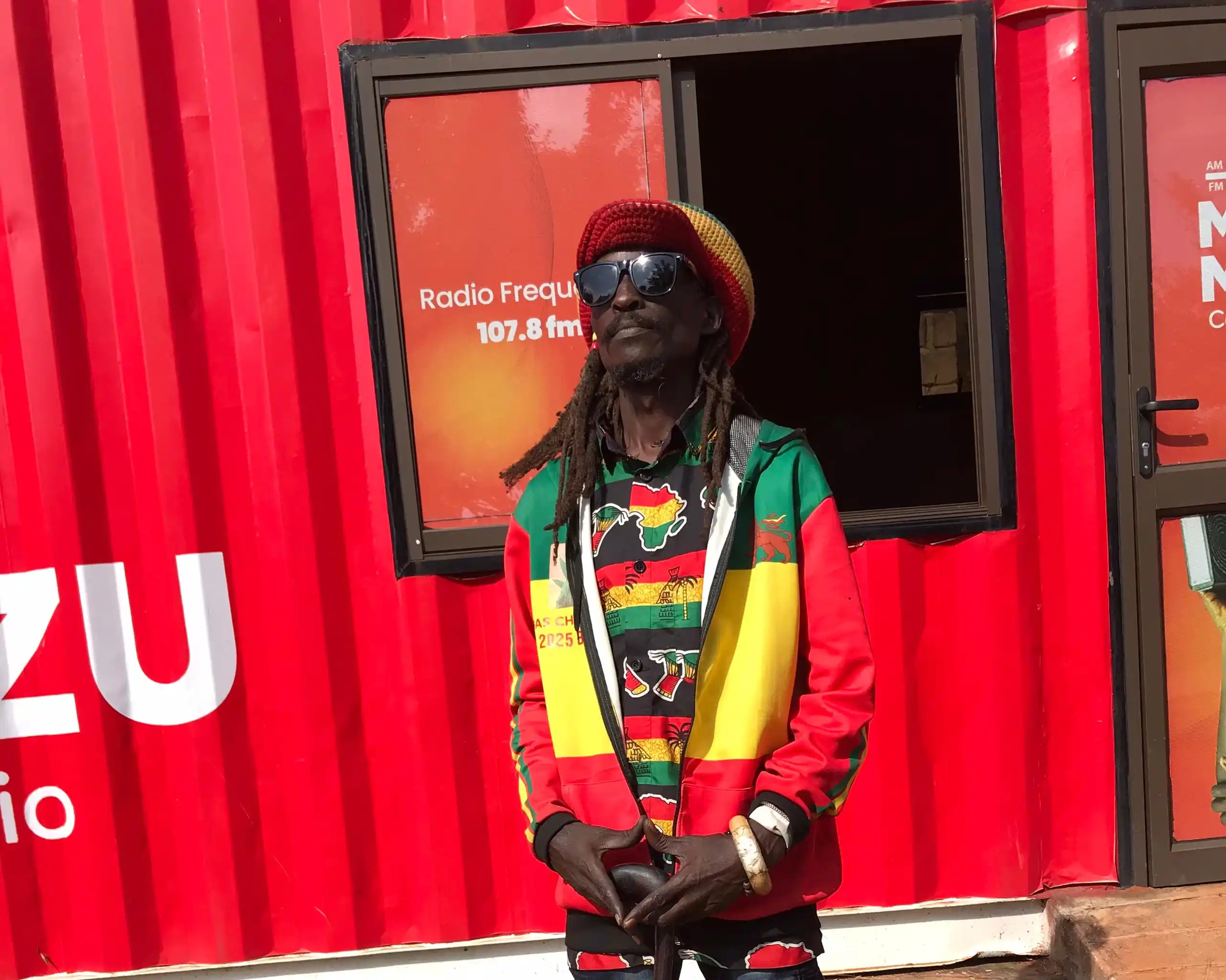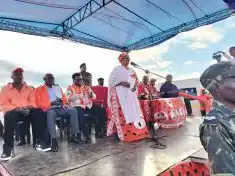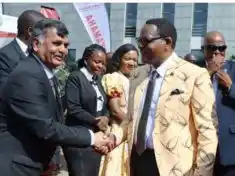
Malawi’s president, Lazarus McCarthy Chakwera, entered office in 2020 on a wave of hope, fueled by the promise of ending corruption, strengthening institutions, and delivering prosperity under the Tonse Alliance banner.
His ascension, following a historic court-ordered election rerun, was widely celebrated as a democratic victory and a symbol of national renewal.
Now, five years later and as the nation prepares to head back to the polls in September 2025, a key question lingers in the hearts and minds of Malawians: Has Chakwera delivered meaningful change, or has he merely coasted through a term of unmet expectations?
Supporters of President Chakwera argue that he has quietly laid the groundwork for long-term transformation.
They cite his push for the independence of the Anti-Corruption Bureau (ACB), digital reforms in public service, and efforts to stabilise macroeconomic indicators amid global challenges like the COVID-19 pandemic and the Russia-Ukraine war.
Chakwera has also expanded access to education by constructing secondary schools across districts and improving infrastructure in some rural communities.
His administration’s commitment to public sector reform, although slow, is another effort seen by some as evidence of his intentions to “reset” governance.
Additionally, Malawi’s global image under Chakwera has seen improvement, with enhanced diplomatic relations and more active participation in continental and international forums such as the African Union and United Nations.
However, critics argue that Chakwera has failed to live up to the lofty promises that brought the Tonse Alliance to power.
The cost of living has skyrocketed, with inflation rates rising and the Malawian Kwacha continuing to lose value, weakening citizens’ purchasing power and deepening poverty.
The 2022 devaluation of the Kwacha by over 25% under his administration sent shockwaves across the economy, affecting fuel prices, transport costs, and basic commodities.
Corruption scandals have continued to plague the government, despite Chakwera’s anti-corruption rhetoric, with some officials arrested only to return to office later—fueling public disillusionment.
Unemployment remains a persistent issue, with thousands of university and college graduates unable to find jobs, while the informal sector struggles to survive under harsh economic conditions.
Chakwera’s leadership style has also come under scrutiny.
Many accuse him of being too slow, overly diplomatic, and detached from the everyday realities of Malawians.
His numerous foreign trips, especially in times of national crisis, have drawn criticism as signs of misplaced priorities.
The Tonse Alliance itself, once seen as a unified front for change, now appears fragmented and frail, with internal divisions surfacing and alliance partners voicing dissatisfaction over being sidelined.
In evaluating Chakwera’s legacy, it becomes clear that his presidency has been a mix of visionary rhetoric, modest reforms, and glaring shortcomings.
While he may have succeeded in restoring some democratic norms and enhancing Malawi’s global diplomatic standing, he has struggled to deliver tangible economic transformation at home.
Malawians expected more—jobs, affordable food, infrastructure development, and a war against corruption that goes beyond symbolism.
With these metrics in mind, President Chakwera’s legacy may not be written in bold headlines of success, but rather in the quiet, contested middle ground between intent and impact.
As voters prepare for the 2025 presidential election, his record is likely to be viewed through two lenses: by some as a silent reformer whose work needs more time, and by others as a one-term leader who overpromised and underdelivered.
On a performance scale of 1 to 10, Chakwera’s presidency can reasonably be rated at 4.5—a score that reflects ambition, tempered by poor economic performance, unmet promises, and slow execution.
Whether this legacy will be enough to secure a second term remains in the hands of Malawian voters, who now weigh hope against hardship, and change against continuity.








0 Comments